Iraq’s Lost Childhoods: Begging, Labor, and Broken Dreams
Across Iraq's bustling markets and traffic-clogged streets, the grim reality plays out daily. Young children, armed with shoe-shining kits or bundles of tissues, roam sidewalks and alleys, hustling for charity or coerced into begging by criminal networks.
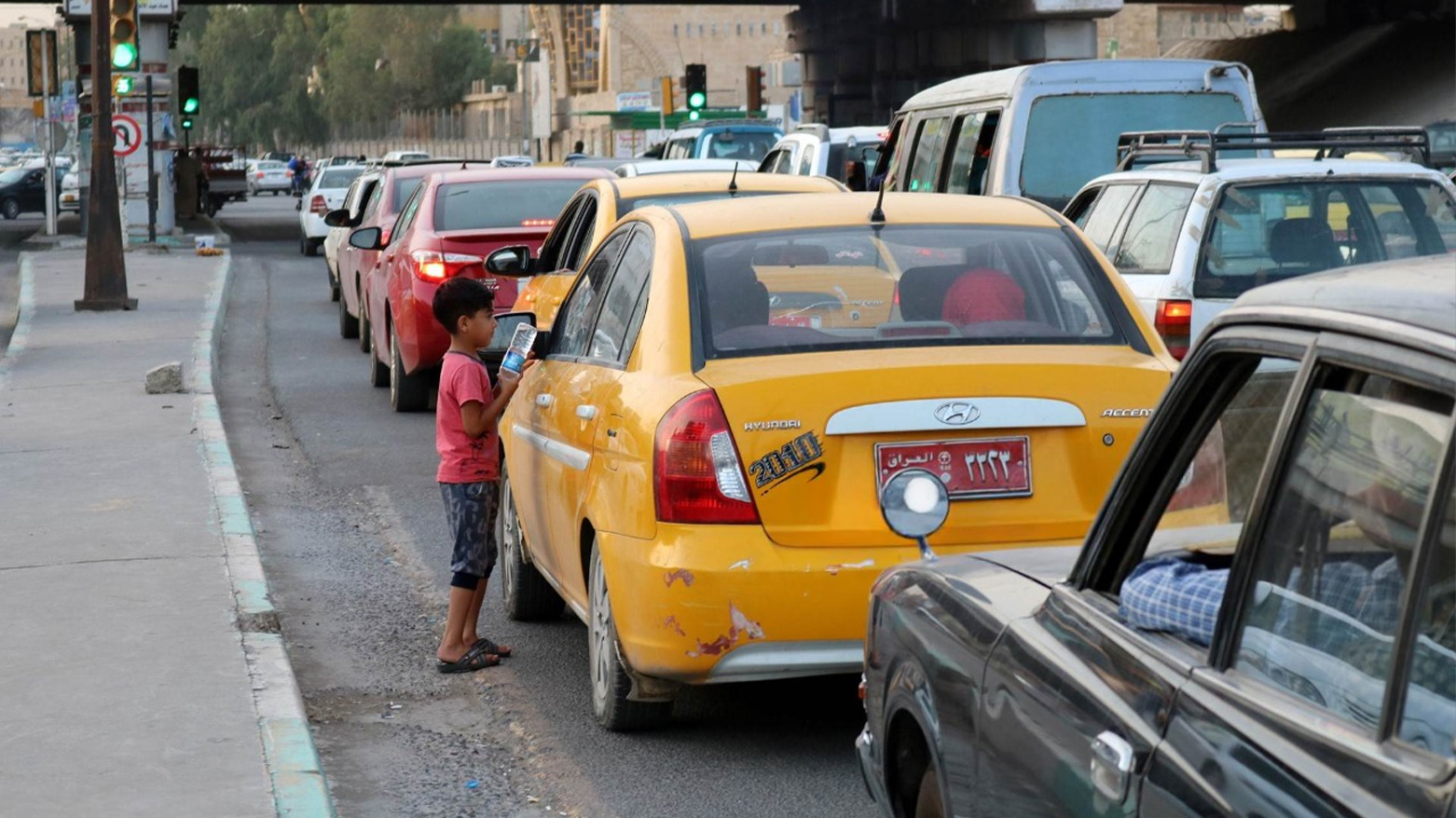
By Kamaran Aziz
ERBIL (Kurdistan24) — In a country scarred by conflict, poverty, and political instability, Iraq faces a rising crisis that imperils its future: the alarming spread of child labor and organized begging. A comprehensive Arab press report by Independent Arabia has highlighted the deepening phenomenon, sparking urgent government moves to control the situation.
Across Iraq's bustling markets and traffic-clogged streets, the grim reality plays out daily. Young children, armed with shoe-shining kits or bundles of tissues, roam sidewalks and alleys, hustling for charity or coerced into begging by criminal networks. The heartbreaking spectacle has become entrenched in the social fabric, exposing the harsh economic realities pushing thousands of minors into exploitation.
Iraq is witnessing an alarming surge in child labor and organized begging, a crisis rooted in decades of conflict, poverty, and institutional collapse.
According to Independent Arabia, approximately 13 percent of Iraqi children are engaged in labor deemed hazardous or exploitative, in direct violation of international agreements such as the Convention on the Rights of the Child and the International Labour Organization's Convention No. 182 concerning the worst forms of child labor.
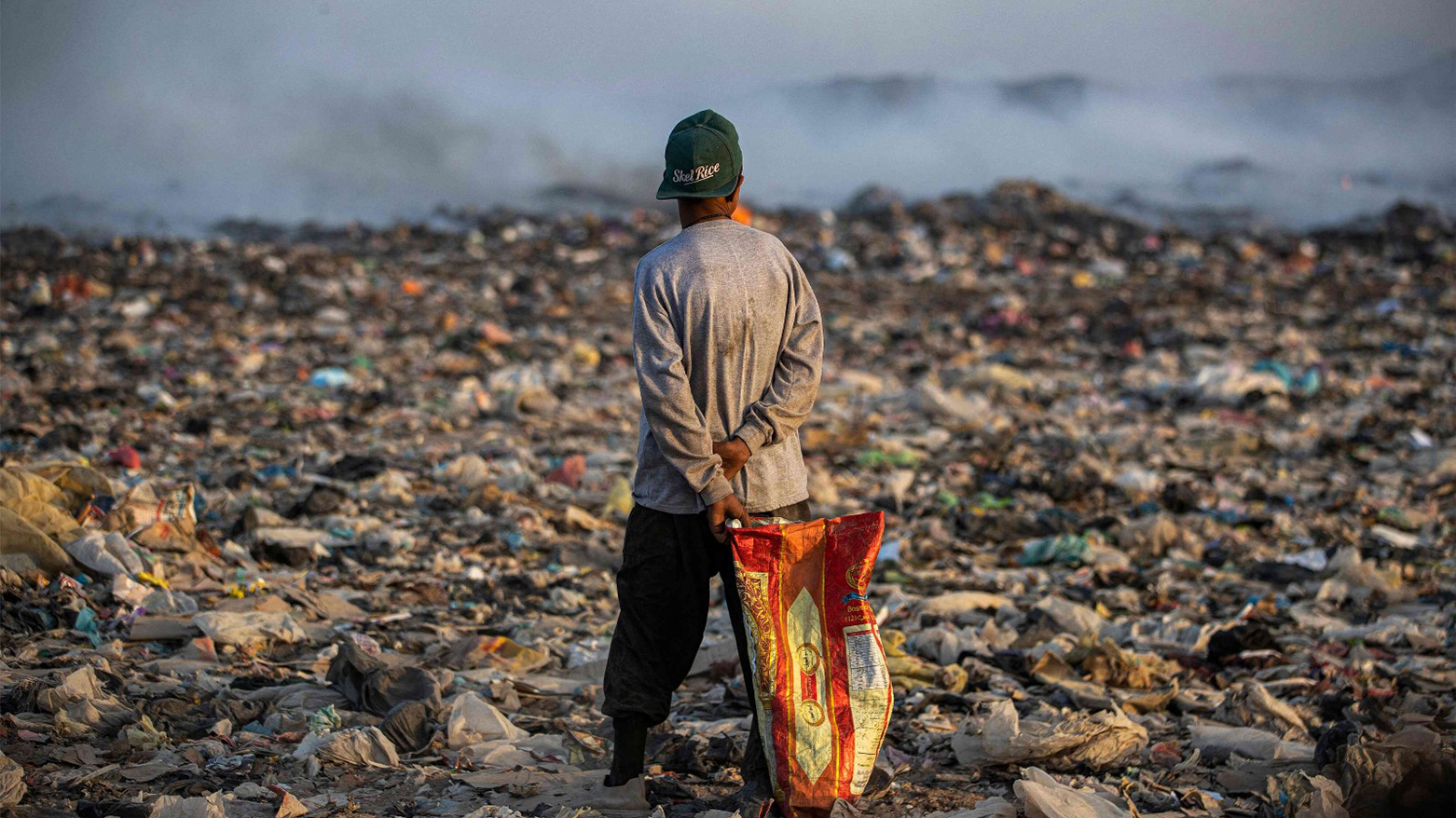
In the crowded alleys of Iraq's old markets and at congested traffic intersections, a familiar and heart-wrenching scene plays out daily: young children, barely older than toddlers, brandish shoe-shining kits, peddle tissues, or chase passersby pleading for charity. As the report notes, "This painful phenomenon has become part of the social reality, reflecting deep economic and social crises that have pushed thousands of children into harsh labor and organized begging."
Facing mounting pressure, the Iraqi government has launched a comprehensive national plan to tackle child labor and begging. The initiative aims to extract children from the grip of poverty and exploitation and reintegrate them into schools and normal childhood life. The Ministry of Labor announced measures to increase the number of labor inspectors and intensify raids on private sector workshops suspected of employing minors.
Hassan Khawam, spokesperson for the Ministry of Labor, said in a press statement, "We have a limited number of inspectors visiting investment projects and workplaces. If it is found that individuals under the legal minimum working age of 15 are employed, employers face fines or imprisonment." He emphasized that the ministry is working to double its inspection teams to ensure broader coverage across Iraq's provinces.
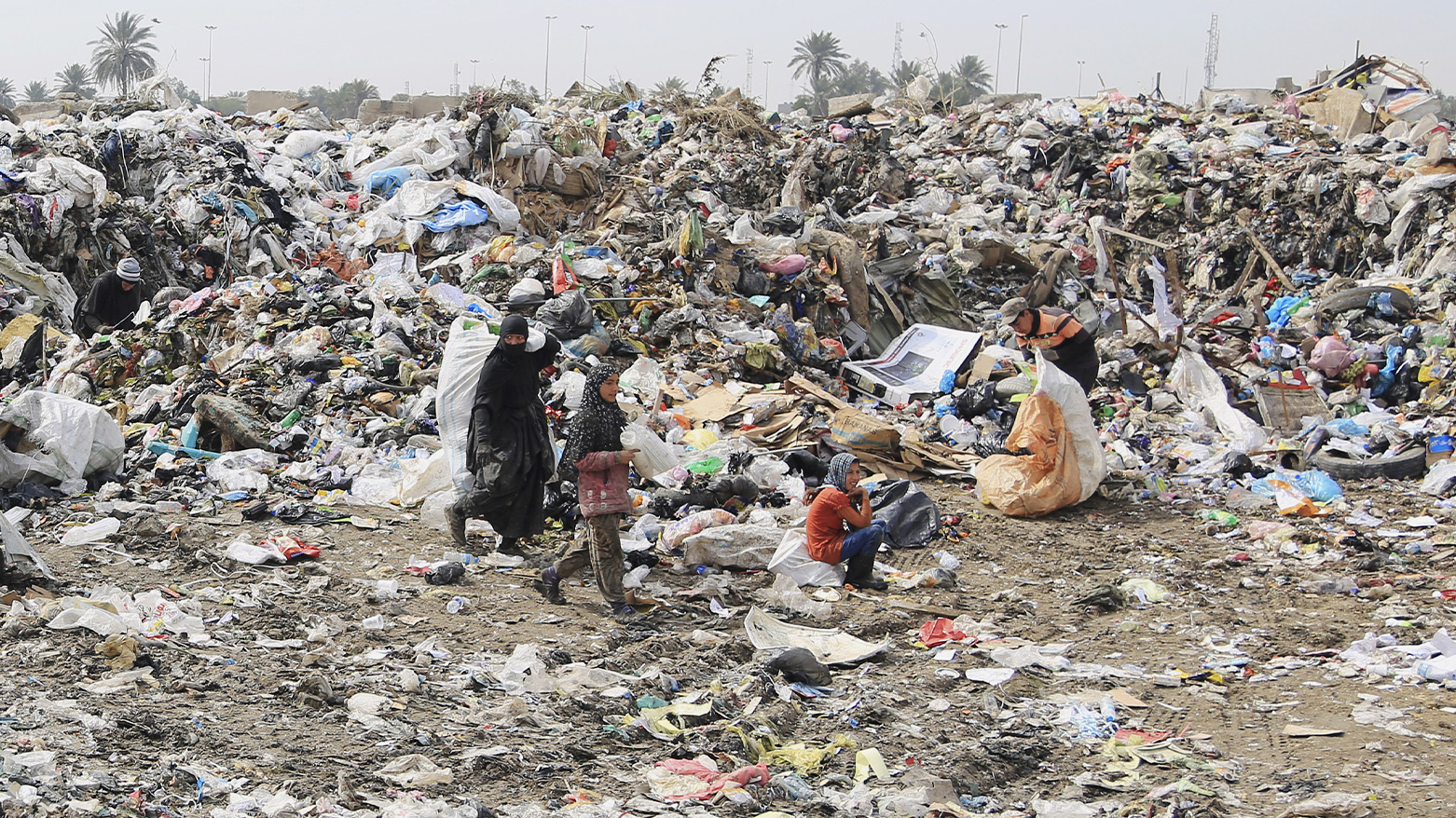
The ministry’s "school grant" program, providing monthly stipends to families enrolled in the social protection network, has helped return 123,000 school dropouts to the classroom. Khawam underlined that "enhancing inspection efficiency will complement the grant’s impact by penalizing violators and deterring exploitation."
Despite these efforts, the problem remains daunting. Iraq ranks fourth among Arab countries in terms of child labor, with over 500,000 children aged between 5 and 17 engaged in work, according to AFP. Fadel al-Gharawi, head of the Strategic Center for Human Rights, warned in a press statement that "Iraq occupies the fourth place among Arab countries with a child labor rate of 4.9 percent," linking the crisis to falling family incomes, unemployment, displacement, and weakened legal deterrents.
Gharawi highlighted organized begging as the most dangerous form of child exploitation, revealing that "57 percent of beggars are male children and 33 percent are female," with many under the control of organized crime syndicates. He called the phenomenon "a threat to social and cultural security," urging the dismantling of these networks and their prosecution under anti-terrorism laws.
To address these challenges, the Ministry of Labor has proposed hiring new inspectors and granting them the authority to immediately shut down projects found to be exploiting minors, in coordination with security forces. Updated penalties are also being developed to increase fines and eliminate the option of substituting jail time with bail for child labor violations.
The Strategic Center for Human Rights has proposed forming a joint task force comprising the Ministries of Labor, Interior, and Justice to create a national map of organized begging and to track criminal networks exploiting children. These proposals are expected to be incorporated into a broader government plan aimed at halving child labor rates by 2027 by creating job opportunities for vulnerable families and expanding microloan programs.
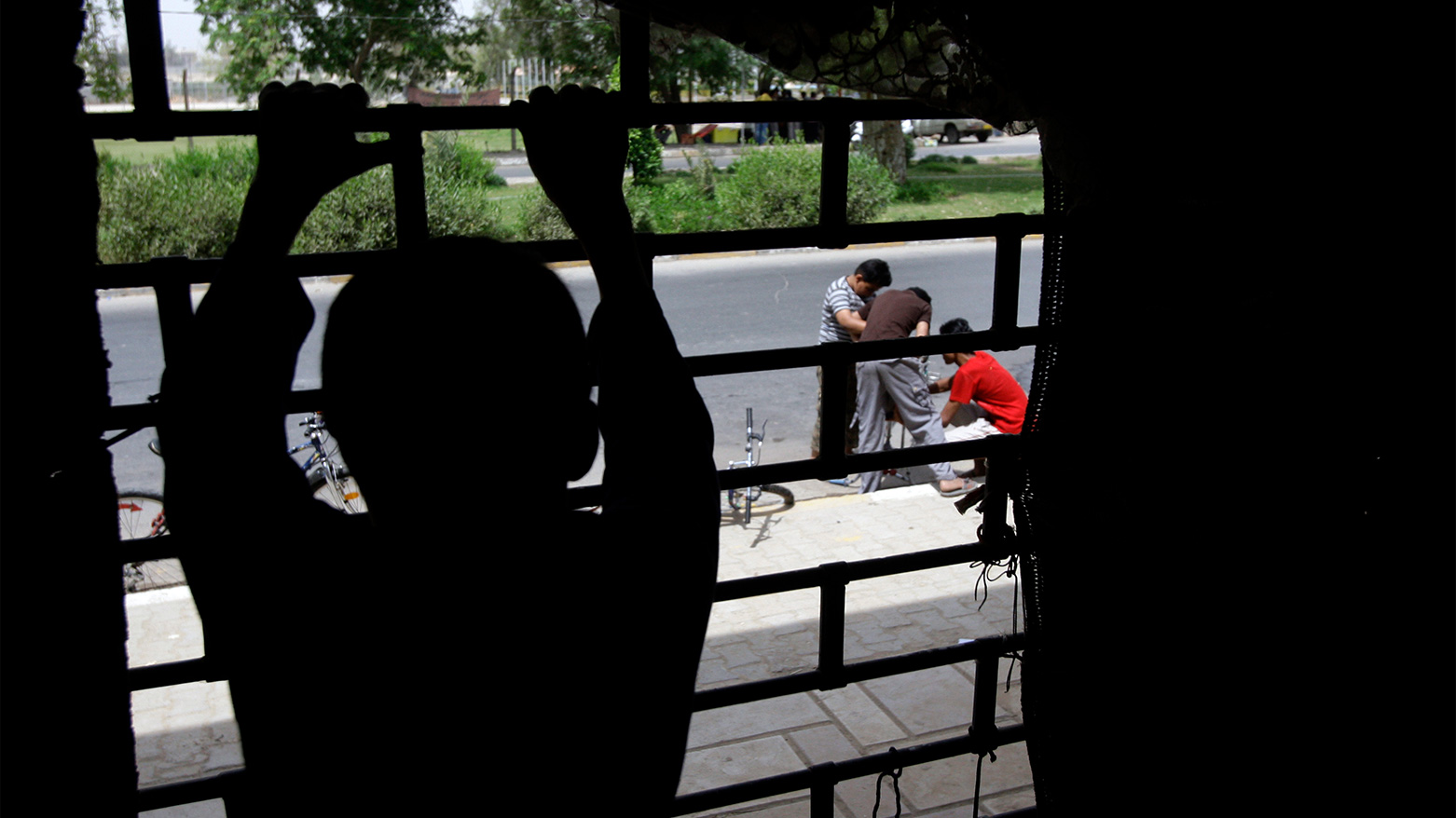
Social experts note that the roots of Iraq’s child labor epidemic are multifaceted. Extreme poverty remains the primary driver, forcing many families to send their children into the workforce. Armed conflicts have displaced millions, creating fertile ground for exploitation. Meanwhile, the deterioration of Iraq's education system, characterized by overcrowded classrooms and crumbling infrastructure, has led to soaring dropout rates, funneling children into labor markets. Family disintegration, driven by rising divorce rates, deaths, and the loss of breadwinners, has left many children without real protection.
Amid these grim realities, the government, in collaboration with various ministries and specialized agencies, announced the launch of a national plan to combat child labor and begging. Childhood and social development specialist Saad al-Rawi welcomed the move, calling it "a step in the right direction," but warned that it would require "long-term political commitment and, more importantly, a fundamental solution to poverty and unemployment in Iraqi society."
Al-Rawi cautioned that the crisis extends beyond labor to encompass sexual exploitation and human trafficking under the guise of begging or forced labor, describing these as "complex and dangerous issues."
Meanwhile, human rights activist Ali al-Mayyahi warned against relying on "seasonal or superficial campaigns," emphasizing that "no plan will achieve the desired change without providing genuine educational opportunities and psychological support programs for children."
Academician and human rights activist Nahla Al-Enezi added that the phenomenon of begging proliferated after the collapse of Iraq’s social and legal order post-2003. She explained, "Begging turned into a profession for those without other means of livelihood, often backed by mafias and organized groups." Al-Enezi pointed out that begging is linked to broader societal issues such as prostitution, drug trafficking, and violence, posing a grave threat to Iraqi society.
According to Al-Enezi, "Begging is no longer confined to certain groups like children and women; it has extended to include youth attracted by the lucrative earnings." She warned of "indirect begging" involving tissue sellers and car window washers who often pressure or harass citizens.
Al-Enezi stressed that tackling the problem requires fostering a societal culture that rejects begging and channels charitable donations to genuinely needy groups. She called for media campaigns, civil society initiatives, and the activation of security oversight, while insisting that harsher legal penalties are necessary to address the scale of the crisis.
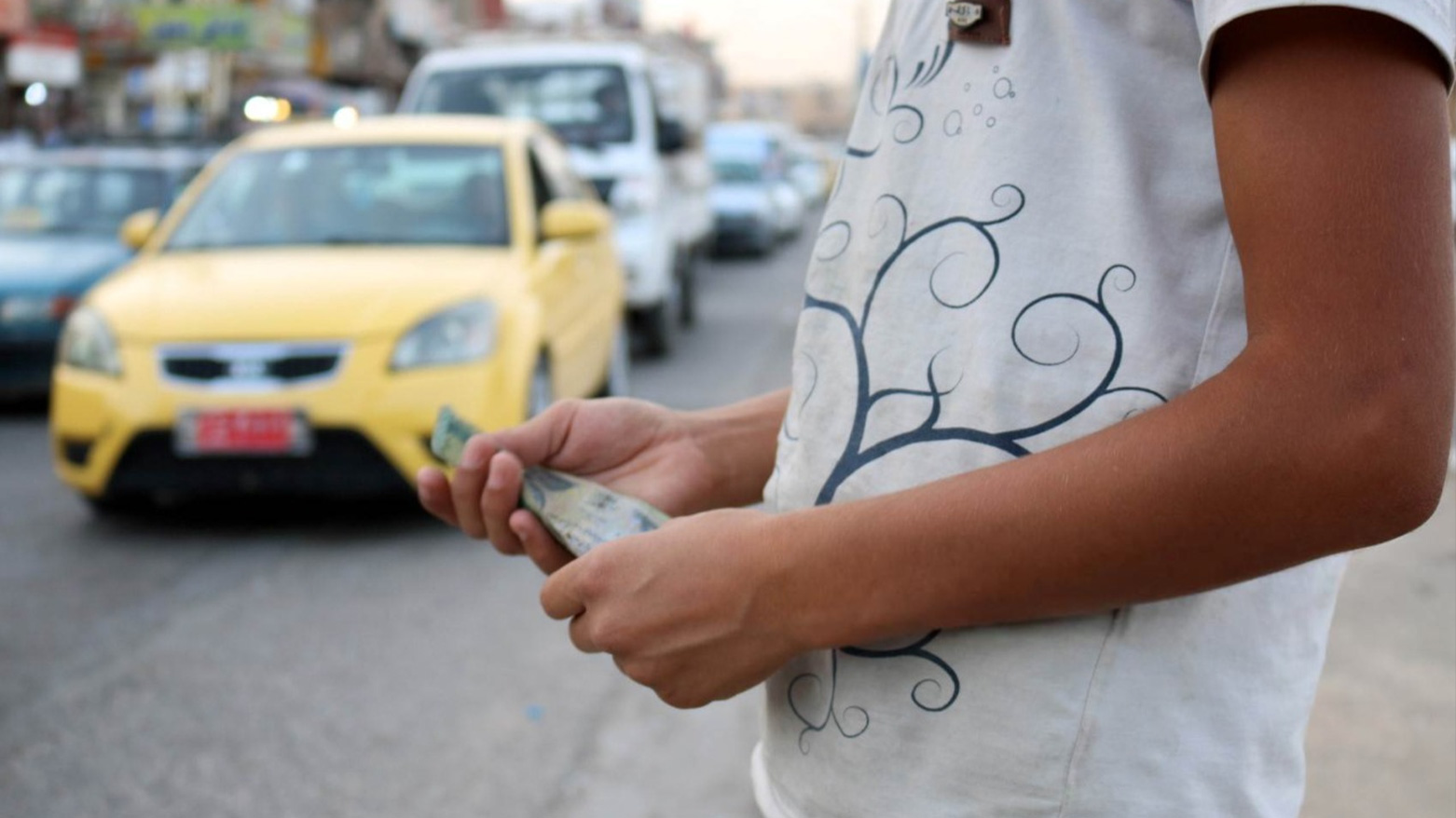
Despite government efforts, observers agree that the path to eradicating child labor and organized begging in Iraq remains arduous. Experts insist that addressing the crisis demands comprehensive reforms in education, aggressive anti-poverty measures, expanded social welfare programs, and the strict enforcement of child protection laws.